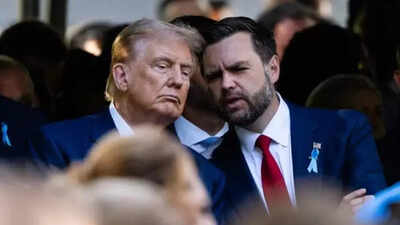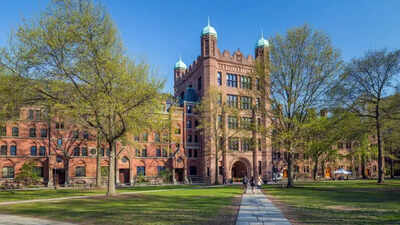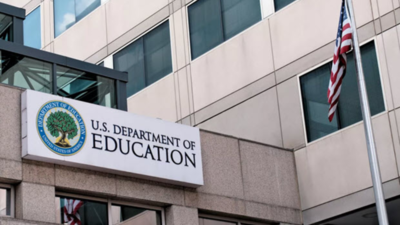In the ever-evolving landscape of American politics, educational credentials often become a yardstick for leadership potential and intellectual capability. Two prominent figures who have risen to the national stage with strikingly different backgrounds are Donald Trump, the 45th, 47th President of the United States, and JD Vance, the 50th Vice President as of 2025. While both have made headlines for their political roles, their academic histories offer a compelling study in contrasts, one marked by privilege and pragmatic business education, the other by transformation and academic excellence.
Donald Trump: From military academy to Wharton
Donald Trump’s academic journey began at the New York Military Academy, a private boarding school he attended from 1959 to 1964. This environment, known for its rigorous discipline, arguably shaped some of Trump’s early character traits and leadership ambitions. Following this, Trump enrolled at Fordham University in the Bronx, where he spent two years before transferring to the University of Pennsylvania’s Wharton School of Finance and Commerce. Wharton was, and remains, one of the most prestigious business schools in the country.Graduating in 1968 with a bachelor’s degree in economics, Trump entered the business world armed with a pedigree of privilege and access. His time at Wharton is often highlighted as a critical foundation for his future in real estate and corporate management. However, his academic record is noted more for its completion than for academic distinction. While Trump was no doubt a capable student, there is little public record of exceptional scholastic achievement such as academic awards or honors during his college years. His path reflects the classic trajectory of a young heir taking over a family empire.
JD Vance: The unexpected academic star
JD Vance’s educational narrative could not be more different. Growing up in Middletown, Ohio, in a chaotic household marked by economic hardship and family struggles, Vance’s prospects were initially uncertain. After graduating from Middletown High School in 2003, Vance did not follow the traditional college route. Instead, he enlisted in the United States Marine Corps, serving in Iraq. His military service is credited with instilling in him discipline and a broadened worldview, qualities that became crucial in his academic turnaround.After his service, Vance enrolled at Ohio State University in 2007. Here, he flourished academically, graduating summa cum laude in 2009 with a double major in political science and philosophy. He also earned the Merrill Presidential Scholarship, awarded to the university’s most outstanding students. This period marked a dramatic transformation, from a youth uncertain about college to a high achiever who excelled in rigorous fields of study.Vance’s academic journey reached its pinnacle at Yale Law School, one of the nation’s most elite institutions. Accepted in 2010, he graduated with a Juris Doctor in 2013. His time at Yale was notable not only for the prestige of the institution but also for the cultural leap it represented. Coming from a modest background, Vance had to navigate an environment dominated by peers with deeply entrenched privilege. Mentored by Professor Amy Chua, he honed his legal skills and critical thinking, emerging with credentials that would open doors far beyond the courtroom.
Comparing academic brilliance
When assessing who was brighter as a student, the question invites nuance. Donald Trump’s educational record reflects solid, if conventional, achievement within elite institutions, supported by a family legacy and financial resources. He successfully graduated with a respectable degree from Wharton.In contrast, JD Vance’s path was marked by personal and intellectual growth against the odds. His summa cum laude graduation and scholarship awards at Ohio State speak to exceptional academic performance. His successful admission and graduation from Yale Law School further underscore his scholarly aptitude and determination.Vance’s educational story is not just about grades but about overcoming barriers and using education as a tool for social mobility. This resilience and academic rigor arguably align more closely with conventional definitions of brilliance in a student.
The larger picture
Ultimately, intelligence and brightness cannot be reduced solely to academic performance. Trump’s leadership and business acumen reflect a different kind of intelligence, whereas Vance’s academic achievements paved the way for a career in law, authorship, venture capitalism, and ultimately politics.As the nation watches the interplay between two leaders with starkly different educations, it becomes clear that brilliance manifests in varied forms. Trump’s path leveraged privilege and practical business education, while Vance’s journey illustrates how grit, discipline, and intellectual excellence can propel one from humble beginnings to the highest offices of the land.In the conversation about who was the brighter student, JD Vance’s academic record offers stronger evidence of exceptional scholastic achievement. However, brightness in leadership is multifaceted, shaped by education, experience, and character in equal measure.TOI Education is on WhatsApp now. Follow us here.






